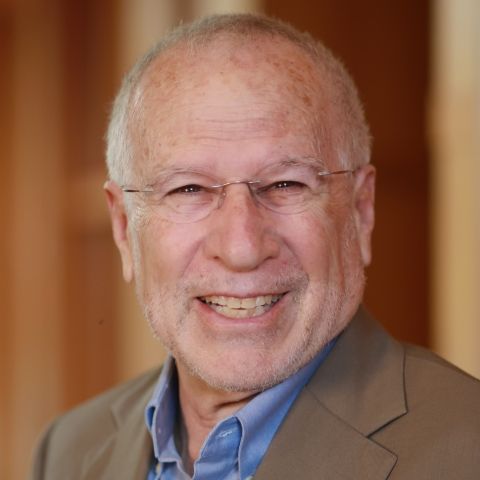
The Speech of Law and the Law of Speech
It must be nice to be a journalist. Unlike those whose business is cigarettes, chainsaws, pharmaceuticals, automobiles, or any other of a host of often-criticized products, those whose product is newspapers have at their disposal that most potent of defenses against calls for regulation in the name of minimizing injury-the First Amendment. As a shield against civil liability, criminal penalties, administrative regulation, and, all too often, even criticism, the First Amendment knows no peer. To be a journalist is to enjoy the most potent of constitutionally legitimated defenses against even the most egregious of behaviors. Lawyers, of course, are too smart to let this phenome- non go unnoticed. The First Amendment not only protects the freedom of the press, but it also protects the freedom of speech. Not just journalists, but all those who speak, appear, on the face of it, to enjoy the kind of immunity from governmental regulation not enjoyed by those with the misfortune to deal not in words, but in physical objects. Thus, when I refer in my title to the law of speech and the speech of law, I refer to the application of the First Amendment and related ideas to the speech of law, to the talking and writing that lawyers, litigants, judges, and others do as part of their professional business. And I refer as well to the perfectly understandable desire of lawyers therefore to claim for themselves what journalists have been claiming for themselves for generations.